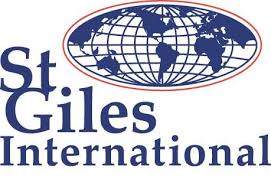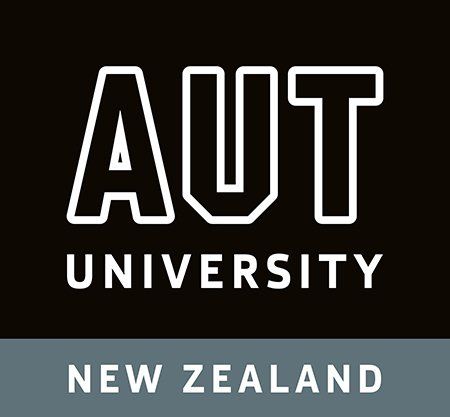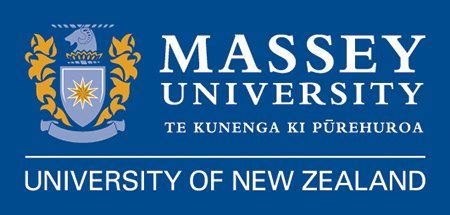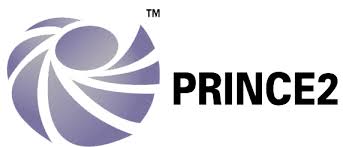
Maintenance Planning, Scheduling, Management and Work Control
Course ID: 2512227101435EGI
Course Dates : 22/12/25 Course Duration : 5 Studying Day/s Course Location: Dubai, UAE
Language: Bilingual
Course Category: Professional and CPD Training Programs
Course Subcategories: Leadership and Management Excellence
Course Certified By: * Projacs Academy
* Professional Training and CPD Programs
Certification Will Be Issued From :
KSA
Course Fees: £2,958.13
Vat Not Included in the price. VAT may vary depending on the country where the course or workshop is held.
Click to Pay
Contact us for more information Sales@e-s-hub.com
Course Information
Introduction
Maintenance planning, scheduling, management, and work control are essential components of operational excellence in industries ranging from manufacturing to energy, aviation, and healthcare. These disciplines ensure that assets function optimally, downtime is minimized, and resources are utilized efficiently. In an era where organizations face increasing pressure to reduce costs while maintaining high levels of productivity and safety, mastering these skills has become indispensable. By addressing inefficiencies in maintenance workflows, businesses can achieve significant cost savings, improve asset reliability, and enhance overall performance.
The field of maintenance management is rooted in established frameworks such as Total Productive Maintenance (TPM), Reliability-Centered Maintenance (RCM), and Lean principles. These methodologies emphasize proactive strategies over reactive approaches, enabling organizations to anticipate issues before they escalate into costly failures. Despite the availability of robust theoretical foundations, many organizations struggle with implementing these practices effectively. Common challenges include inadequate planning, poor resource allocation, lack of data-driven decision-making, and insufficient communication between teams. This course addresses these gaps by equipping participants with practical tools and techniques to streamline maintenance operations.
Consider the case of a multinational manufacturing firm that implemented structured maintenance planning and reduced unplanned downtime by 30% within a year. By integrating predictive analytics and aligning maintenance schedules with production demands, the company not only saved millions in repair costs but also improved customer satisfaction through timely deliveries. Such success stories underscore the transformative potential of effective maintenance management. Participants will explore similar real-world applications throughout the course, gaining insights into how leading organizations leverage these practices to drive sustainable growth.
Another critical aspect of this course is its focus on the human element of maintenance management. While technology plays a vital role, the success of any maintenance strategy hinges on skilled personnel who can interpret data, collaborate across departments, and execute plans with precision. The course emphasizes leadership skills, team dynamics, and change management, ensuring that participants are equipped to foster a culture of accountability and continuous improvement. This holistic approach distinguishes the program from others that may focus solely on technical aspects.
For individuals, mastering maintenance planning and management opens doors to career advancement and increased responsibility. Professionals who demonstrate expertise in optimizing workflows and reducing operational risks are highly sought after in competitive job markets. Organizations, on the other hand, benefit from enhanced efficiency, compliance with industry standards, and a stronger bottom line. As industries evolve and adopt smarter technologies like IoT and AI, the demand for skilled maintenance managers will only grow.
Ultimately, this course bridges theory and practice, offering a comprehensive roadmap for achieving excellence in maintenance operations. Whether you’re looking to refine your current processes or embark on a new career path, the knowledge gained here will empower you to make informed decisions, lead with confidence, and contribute meaningfully to your organization’s success.
Objectives
By attending this course, participants will be able to:
Analyze the key components of effective maintenance planning and their impact on organizational performance.
Design efficient maintenance schedules using industry-standard tools and techniques.
Evaluate the role of data analytics in predictive and preventive maintenance strategies.
Implement best practices for managing work orders and controlling maintenance activities.
Apply change management principles to foster a culture of continuous improvement within maintenance teams.
Assess compliance requirements related to safety, environmental regulations, and quality standards in maintenance operations.
Develop performance metrics to measure and optimize maintenance outcomes.
Who Should Attend?
This course is ideal for:
Maintenance managers and supervisors seeking to enhance their strategic planning capabilities.
Engineers and technicians involved in asset management and reliability engineering.
Operations managers responsible for coordinating maintenance activities with production schedules.
Consultants specializing in process optimization and operational efficiency.
These groups will find the course valuable as it provides actionable insights into improving maintenance workflows, reducing costs, and ensuring regulatory compliance. While prior experience in maintenance is beneficial, the course is designed to accommodate both intermediate learners and advanced practitioners.
Training Method
• Pre-assessment
• Live group instruction
• Use of real-world examples, case studies and exercises
• Interactive participation and discussion
• Power point presentation, LCD and flip chart
• Group activities and tests
• Each participant receives a 7” Tablet containing a copy of the presentation, slides and handouts
• Post-assessment
Program Support
This program is supported by:
* Interactive discussions
* Role-play
* Case studies and highlight the techniques available to the participants.
Daily Agenda
The course agenda will be as follows:
• Technical Session 08.30-10.00 am
• Coffee Break 10.00-10.15 am
• Technical Session 10.15-12.15 noon
• Coffee Break 12.15-12.45 pm
• Technical Session 12.45-02.30 pm
• Course Ends 02.30 pm
Course Outlines
Foundations of Maintenance Planning
Overview of maintenance types: Reactive, Preventive, Predictive, and Proactive.
Key principles of Total Productive Maintenance (TPM).
Role of maintenance in achieving operational excellence.
Introduction to maintenance planning software and tools.
Day 2:
Scheduling Techniques and Resource Allocation
Fundamentals of maintenance scheduling and prioritization.
Balancing maintenance tasks with production demands.
Resource optimization: Labor, materials, and equipment.
Case study: Effective scheduling in a high-demand environment.
Day 3:
Data-Driven Decision Making
Leveraging data analytics for predictive maintenance.
Introduction to IoT and AI in maintenance management.
Root cause analysis and failure mode identification.
Developing a data governance framework for maintenance.
Day 4:
Work Control and Compliance
Best practices for managing work orders and documentation.
Safety protocols and regulatory compliance in maintenance.
Environmental considerations in maintenance operations.
Quality assurance frameworks for maintenance activities.
Day 5:
Leadership and Continuous Improvement
Leading cross-functional maintenance teams.
Change management strategies for process improvements.
Measuring KPIs and performance metrics.
Building a culture of accountability and innovation.



















































